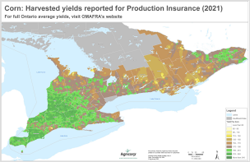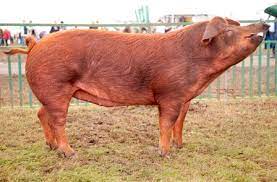There is a bright future for dairy farming in Canada and the United States because they have resources other countries lack to feed cattle, said a North Carolina professor in a recent talk about long-term trends in the dairy industry.
He began with a look back 50 years when milk production per cow in the United States averaged 9,751 pounds. It’s now 23,777 pounds.
The number of farms with dairy cattle has gone from 648,000 to 31,657 and the average U.S. herd size has increased from 19 to 300 head.
Dr. Jack Britt, consultant and Professor Emeritus at North Carolina State University, shared his predictions during the 2021 Dairy Cattle Reproduction Council Annual Meeting in Kansas City, Mo.
He said the United States, Canada and Russia are the top three nations with enough cropland to increase milk production. China has the least available cropland relative to its number of cows.
World population predictions suggest that by 2070, 82 per cent of the people in the world are going to live in Asia and Africa. The population of Africa is projected to grow by 146 per cent in that timeframe, while Europe will be down by 10.8 per cent.
The U.S. is currently leads the world in the number of cows to produce 100 litres of milk per day: 3.5 cows. The UK and Germany are tied for second and third at 4.5 cows. In less-developed companies such as Tanzania, it’s 176 cows. “That’s not sustainable,” Britt said.
Among Britt’s other observations and predictions were:
Cows are moving to larger herds worldwide, and when they enter those herds, they produce more milk.
Genome editing for the polled gene shows promise in both improving the welfare of calves and consumer acceptance of genome editing as a “gateway” to other edits.
There will be a lot more crossbred dairy cattle than purebreds, because crossbreds outperform Holsteins in fertility, health, and environmental footprint.
Milk and beef production will continue merging. Calves produced in dairy-style rearing systems produce less than half the greenhouse gases emitted by traditionally raised beef calves.
Dairies will migrate away from the seven states that currently produce 35 per cent of the milk in the United States, mostly due to water and feed availability. The major relocation target will be the upper Midwest.
“Carbon-neutral” farming will be embraced, assisted by innovative technologies to manage bedding, fertilizer, and potable water in closed-loop systems.
Britt also shared United Nations data that ranks the United States 50th out of the top 100 countries in fertilizer use, and 70th out of 100 in pesticide use.
“Contrary to popular believe, we use our resources very precisely, and that’s a message that needs to be much more widely shared,” he said.



